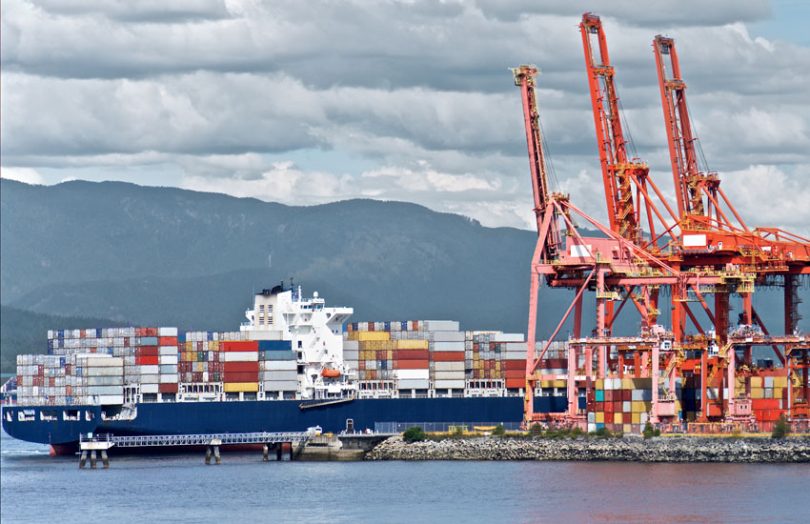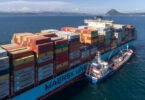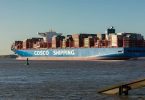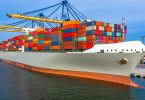Recently, Canada-based Global Container Terminals (GCT) joined the TradeLens blockchain supply chain platform. GCT operates four terminals in North America, including New Jersey and New York. GCT Deltaport, in the Port of Vancouver, is Canada’s largest marine terminal.
TradeLens is a joint digital shipping platform from IBM and Maersk, and its members represent over half the world’s container cargo capacity. The platform boasts of five out of the top six ocean carriers, and ten of GCT’s customers have committed to the platform.
“As competition increases from other ports and customer demands intensify, we need to activate every solution to increase cargo velocity through our terminals and improve performance,” said Doron Grosman, President & CEO of GCT.
TradeLens is aiming to reduce shipping delays and eliminate paper-based transactions. Apart from the digitization of the supply chain, the platform also hopes to bring transparency to shipping transactions. Additionally, it employs IoT devices and sensor data to measure temperature control, container weight and other aspects.
For GCT, the motive is to connect with ocean carriers, beneficial cargo owners and railways. With documentation on a blockchain, cargo can be offloaded faster as even the customs department is overlooking the shipping event.
“Integrating data with ports, terminals, logistics providers, shippers, and carriers is essential for the vision of TradeLens to realize new ways of working within a collaborative industry ecosystem. GCT’s connection to TradeLens strengthens this new era of transparency and collaboration for the global supply chain,” said Mike White, CEO of Maersk GTD and Head of TradeLens.
The purpose is interoperability between various stakeholders by integrating APIs into their existing systems. The platform will be rolled out in phases at GCT’s four ports.
A few months ago, Hapag-Lloyd and Singapore-based Ocean Network Express (ONE) joined TradeLens. These were significant additions as other top carriers MSC, CMA-CGM and Israel’s Zim were already a part of the platform. Many had thought that with Maersk as a founder, the platform would struggle to attract competitor participants.
Two months ago, the Thailand Customs Department adopted the platform, the second country in Southeast Asia after Singapore to use the system.
“As TradeLens evolves, it is critical more supply chain partners participate to facilitate an open and transparent approach to information sharing. This enhanced level of visibility and efficiency will ultimately benefit the entire industry and our customers” Eyal Ben-Amram, CIO of ZIM.






